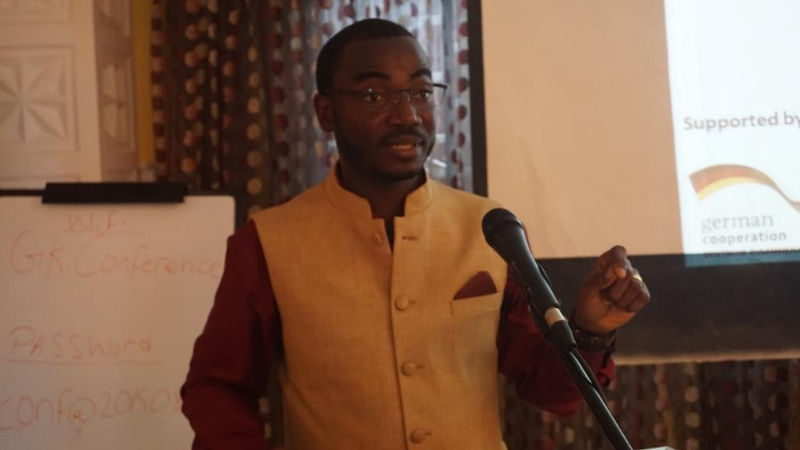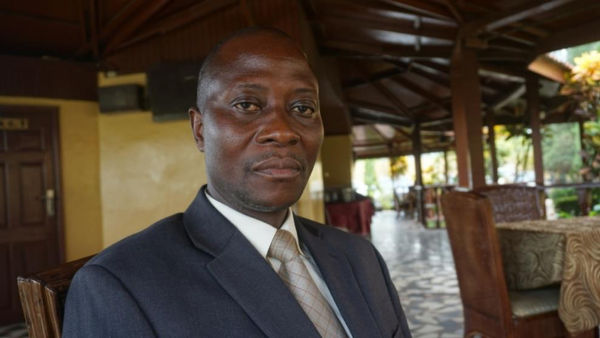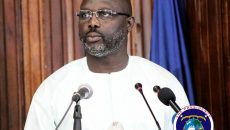MONROVIA, Montserrado – The Liberian government has committed to providing resources to enable the Liberia Extractive Industry Transparency Initiative to implement 18 months of corrective actions requested by Extractive Industry Transparency Initiative board.
Boima Kamara, Liberia’s finance minister, made the disclosure recently at the start of a steering group retreat for LEITI stakeholders at the Golden Key Hotel in Paynesville.
Kamara noted that since LEITI’s admittance into the EITI in 2007, the country’s performance has been outstanding, adding that “Liberia was the first African country to become fully compliant with the EITI standards in 2009.†The program aims to enhance transparency in the extractives industry including in mining, forestry, and agriculture.
He said currently LEITI has published eight EITI’s reports, with the latest showing revenues of over US$133 million.
Kamara maintained that with every success made by LEITI, the government must consider the gaps that need to be accessed and closed.
Continuing on the path of outstanding performance coupled with the emphasis of exceeding expectation and meeting the EITI standards, Kamara said LEITI had created a strategic plan for the next two years to include five main teams: reporting, communications, sustainability, innovation and governance.
The finance minister emphasized that the government finds it important to strengthen LEITI’s communication to the various stakeholders by improving its capacity to ensure that public debate continues on the extractive industry sector throughout the 15 counties.
He stressed that it is also important for training, strategic development and improving ways of working together with the LEITI to achieve its goals.
Kamara said with LEITI intension to close its financial gap by reporting quarterly, the institution secretariat has proactively communicate to request of financial data to the government stakeholders, pointing out “the next phase of LEITI’s work emphasizes the importance of using innovationâ€.
Konah D. Karmo, the head of LEITI’s secretariat, said the retreat reviewed LEITI’s midterm progress from 2015 to 2017, noting that the last strategic plan done was for 2015 to 2020.
Karmo explained that the review would bring on board a concept known as mainstreaming, which was introduced into the EITI standard in 2016, in Lima, Peru.
Under the mainstreaming framework, government institutions such as the Ministry of Lands, Mines, and Energy; the National Oil Company of Liberia; and the Forestry Development Authority will be reporting directly to LEITI, to ensure that the data is more credible.
Karmo said when reports from these institutions are credible, individuals seeking information from LEITI can have more direct access to information, instead of having to wait for the regular compilation of reports, a process that costs LEITI about US$100,000 annually.
Additionally, Karmo said LEITI aims to have established a register by 2020 that contains information on all individuals who hold shares or control activities in the mining, agriculture, or forestry sectors.
He said such a register would reduce money laundering and tax evasions as there would be “penalties instituted against those individuals or companies who fail to comply with the EITI process.â€
Featured photo by Zeze Ballah




